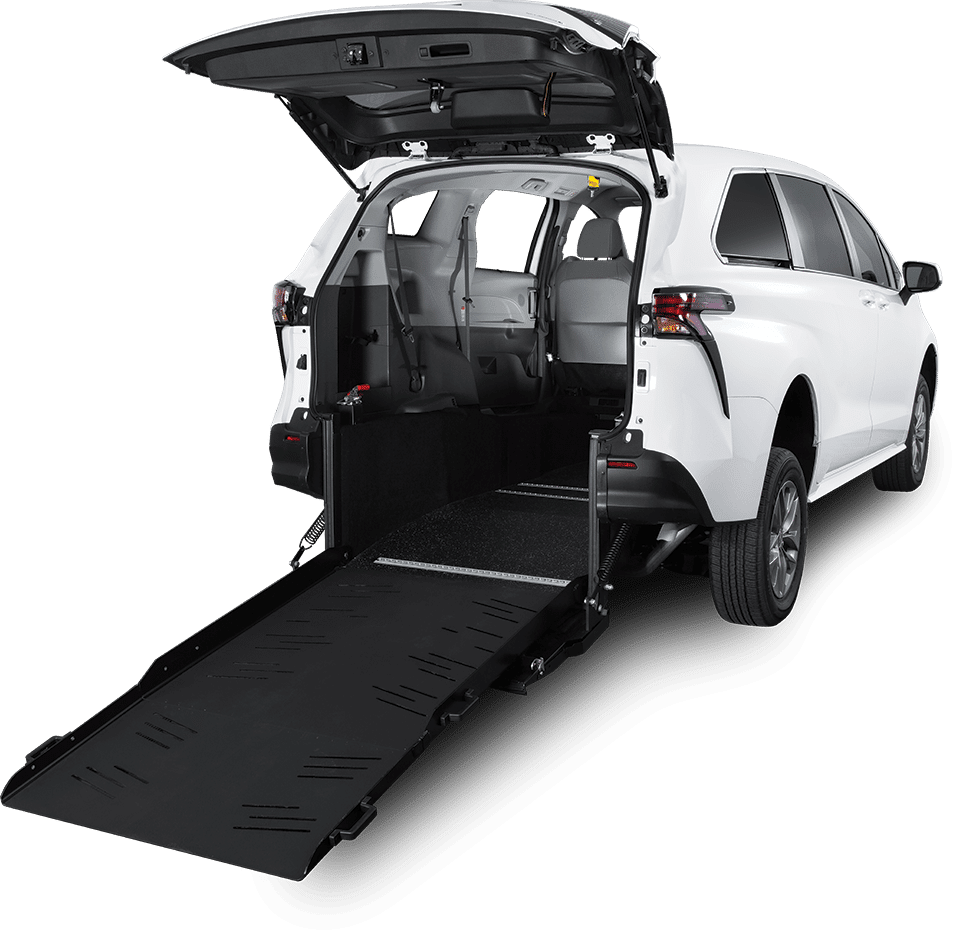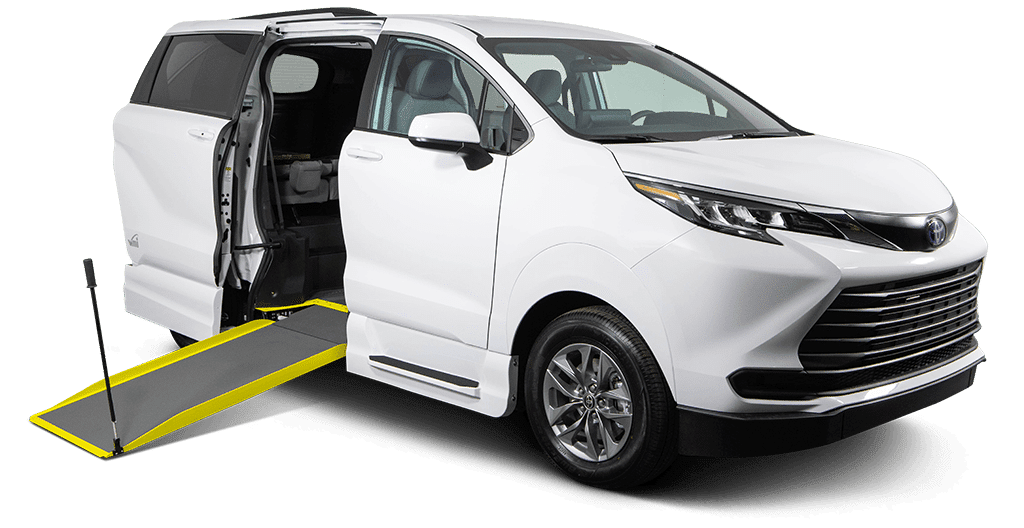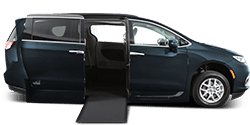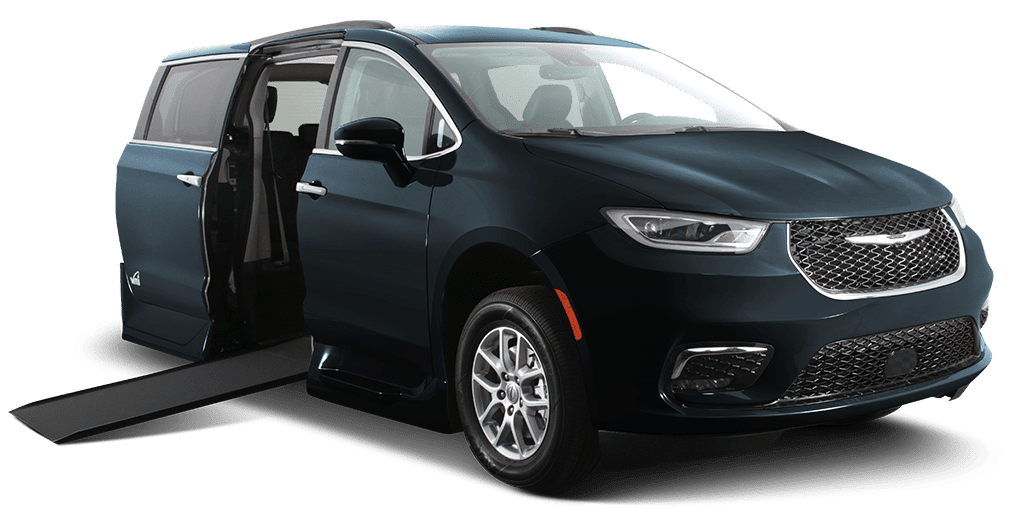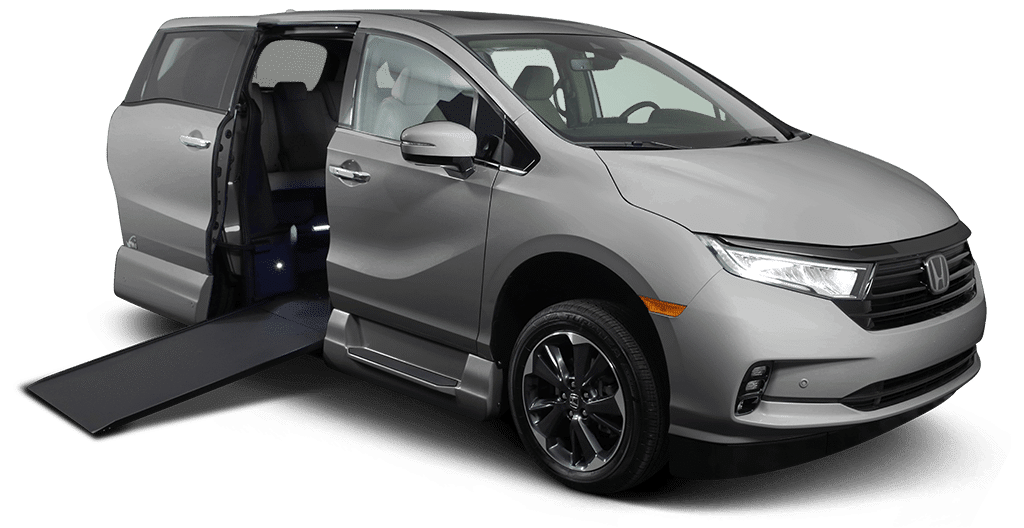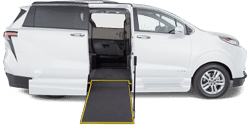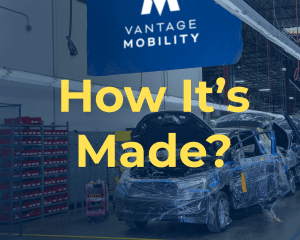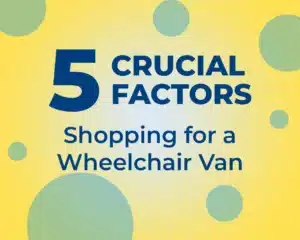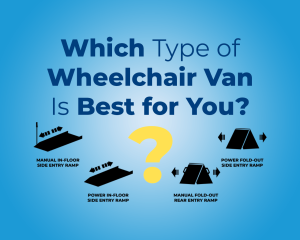Imagine a world where accessibility was a far-fetched thought. Where a basic errand becomes a challenging venture that must be thoroughly planned out ahead of time. What if your rights were snatched away from you as an expense to accommodate somebody else’s convenience? For the disabled, these are not hypothetical questions, this is their reality.
The awareness of disabled parking issues has gradually increased over the past couple of years, bringing concerns to the forefront for local and national legislation. However, the details of such issues continue to be a little vague. Yes, we all know that we “shouldn’t” park in a space with a blue sign, but there are other issues at hand that everyone should be made aware of.
Parking in a Disabled Parking Spot is one of the more commonly known accessibility issues. We’ve discussed this in the Accessible Parking Etiquette blog, but it’s an important point to make. Even if you think it’s going to be “just a minute,” you are taking away the only parking space that allows the disabled to safely make it to their destination. These spaces are close to the building entrances for more than just a matter of convenience, they are provided to ensure the safety of our disabled community. If you park in these spots, you are taking their right to safe passage away.
The Abuse and Misuse of Handicap Permits is a major issue that several states are facing, particularly in the larger cities where parking availability is limited and expensive. In an attempt to make these areas more accessible, some states, such as Massachusetts, allowed for anyone with a displayed handicap placard to park for free with no time cap. The unintended outcome, however, was an incentive for individuals who had access to these handicap permits to fraudulently display them to obtain free unlimited parking.
Some states caught onto this and were faced with another challenge: how to increase accessibility within the city, while decreasing the abuse of these privileges. Recently, some states, such as Minnesota, have decided to put a time cap on parking. Others, like Oregon, thought charging for parking would remove the incentive to fraudulently use handicap placards. The outcomes of these efforts will be easier to evaluate after they have been implemented for a minimum of one-year!
So how are people obtaining these handicap permits? There are several ways. Some states do not have expiration dates on handicap placards, allowing for people to continue using them despite improvements in their mobility. Another common scenario is when disabled people lend out their disabled permits to their family or friends to take advantage of closer parking spaces. In some instances, people have used old handicap permits from the deceased. It sounds horrible, well, because it is.
The realization of these issues are causing states to rethink how they distribute and manage handicap permits. Washington, for example, has implemented a new, stringent process for both temporary and long-term disability permits. All temporary permits now have an expiration date and require applicants to submit a detailed application to renew. Additionally, Washington’s disability permit application now yields a fraudulent warning in hopes it will deter fraudulent applications.
Obstructing Accessible Parking Spaces continues to be an issue for the disabled community. The wider spaces with white striped paint on one or both sides are typically marked with a Van Accessible sign. (See Types of Accessible Parking Spaces) These spaces have a larger access aisle to accommodate wheelchair lifts and ramps. This extra space is vital for a person in a wheelchair to enter and exit the vehicle easily and safely. Any obstruction or infringement upon this space means limiting the disabled person’s access to their vehicle. If you notice you’ve parked a little too close to the access isle, just reposition your vehicle to make sure that their pathway is clear and safe.
States are rapidly working to improve disabled accessibility in their cities, but of course, not without trial and error. Do you think the states such as Oregon, Washington, Minnesota and Massachusetts are on the right path for creating more accessible cities? What are some of your ideas to minimize the misuse of handicap permits, eliminate able-bodied people from parking in disabled spaces, and ensuring people do not obstruct access aisles?




